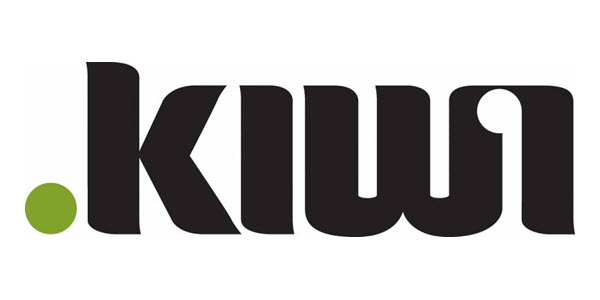.KIWI’s managing director Angus Richardson replied to accusations of inflating .kiwi domain name registration numbers and using fear tactics to force people to register .kiwi domains.
This is the reply of a PR person and not a real reply. Not that I was expecting anything else. Most of the questions of the original article plus more remain unanswered.
G’day everyone, Angus here from Dot Kiwi.
I thought I would jump in here and say a few words, because I obviously have a different point of view of all this, and in addition to genuinely enjoying reading industry related commentary and appreciating the authors I wanted to reiterate Adam’s point and applaud your research Konstantinos.
Firstly, I want to point out that domain squatting is a genuine concern for all businesses, not just those in New Zealand. I did some research recently into the top websites in NZ by traffic, and found that in many instances the owners of those sites had comparable domains, such as .NZ at the 2nd level (ie. .nz rather than .co.nz), which had been registered by squatters. Unfortunately, this issue is not just limited to the country-code, as we have seen instances of it in .kiwi as well. While we would be considered a small TLD relative to the .NZ ccTLD, .kiwi does have strong awareness in New Zealand, and consequently can pose a risk to brands whose customers may be confused if receiving communications from a domain squatter with malicious intent. Consider the article below which just came out today in NZ, this is exactly what we want to avoid happening with a .kiwi domain:
Secondly, instances of domain squatting do not just negatively impact the brand owners but also the .kiwi TLD as a whole. If the brand reputation of .kiwi is negatively impacted by an abusive registration, not only is the .kiwi registry negatively impacted, but more importantly so are all of the existing .kiwi registrants who use .kiwi for a website or email address. This strategy of protecting .kiwi domains on behalf of brand owners is a way for us to minimise that risk as best we can.
Thirdly, I really just want to point out that this is not a scam to inflate our numbers at all, nor “sell by fear”. If we wanted to inflate our numbers, there wouldn’t have been a press release explaining the situation, it would have been far easier if that was the objective here. Also, if the objective was to “sell by fear”, we would not be providing domains free of charge.
Thanks again for taking the time to discuss .kiwi as it’s always a pleasure for me to speak about it with industry experts.
Kindest regards,
Angus
(Comments are closed.) The comment above was made in this article where the conversation continues…
 OnlineDomain.com Domain Name News & Opinions
OnlineDomain.com Domain Name News & Opinions



After 2 years nobody wants them, provide them free, and hope for a renewal.
The demand is not there, the domains are not needed, the .nz, .co.nz are working for them, nobody asked for kiwi.
They are effectively being forced to register a non even extension.